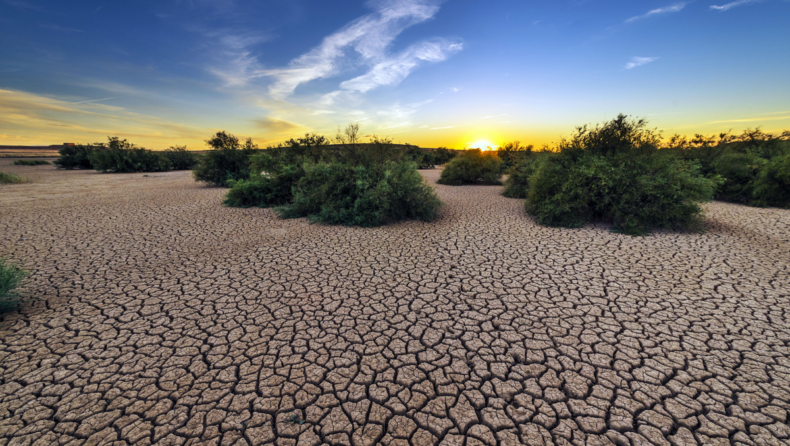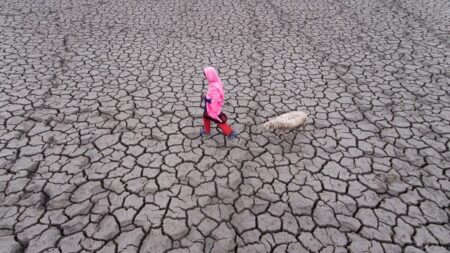According to the report, Climate Change 2022: Mitigation of Climate Change, released on Monday, if urgent action is not taken, humanity would fail to restrict warming to 1.5 degrees Celsius (2.7 degrees Fahrenheit), setting the stage for a future of increased fires, drought, and storms. However, if greenhouse gas emissions continue to rise at their current rate, they will likely result in twice the warming: around 3.2°C (5.7°F) by 2100.
“It’s now or never if we want to keep global warming to 1.5 degrees Celsius,” Jim Skea, co-chair of the IPCC working group that produced the report, said during a news briefing. “It will be unachievable without immediate and significant carbon reductions across all industries.”
The level of greenhouse gases in the Earth’s atmosphere is at its greatest point in human history. Emissions of the gases declined substantially in 2020 as a result of pandemic lockdowns, but they matched or even exceeded the record set in 2019, when they were around 12% higher than in 2010—and 54% higher than in 1990, when the first IPCC report was published.
Substantial modifications needed
According to the IPCC authors, limiting global warming to 1.5°C requires that global greenhouse gas emissions peak before 2025 and then decline by more than 40% by 2030.
“Even if we do this, it is almost certain that we will briefly exceed this temperature barrier, but will return to it by the end of the century,” they continue.
“It is now or never if we want to keep global warming to 1.5°C,” IPCC Working Group III Co-Chair Jim Skea stated. It will be unachievable without immediate and significant carbon reductions across all industries.”
Global warming mitigation would need major changes in the energy sector, the WGIII report states, including significant reductions in fossil fuel consumption, expanded use of alternative fuels like as hydrogen, and widespread electrification and energy efficiency.
Priyadarshi Shukla, Co-Chair of Working Group III, stated that “having the proper policies, infrastructure, and technology in place to enable changes in our lifestyles and behaviour” might result in a 70% reduction in emissions by 2050.
‘Take immediate action’
Climate action is also crucial for sustainable development, the research notes. For example, urban parks and open spaces, as well as wetlands and urban agriculture, can help mitigate flood risk and heat island impacts, according to an IPCC press release.
“Industry mitigation can help decrease environmental consequences while also expanding employment and commercial prospects. Renewable energy electrification and changes in public transportation can improve health, employment, and equity.”
“Climate change is the outcome of a century of unsustainable energy and land usage, lifestyles, and consumption and production patterns,” Skea explained. “This research demonstrates how taking action now can help usher in a more just and sustainable world.”
Climate Change 2022: Mitigation of Climate Change, the policymakers’ summary of the WGIII report, was approved yesterday by 195 governments following the longest such process in IPCC history; it is the third instalment of the IPCC’s sixth assessment of the global climate, which is due to conclude this year.
Published By : Revathy G Sanal
Edited By : Subbuthai Padma













